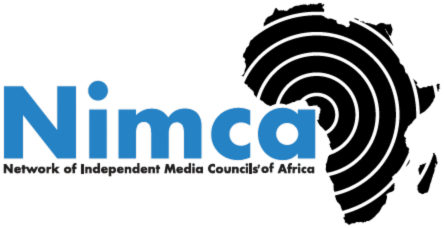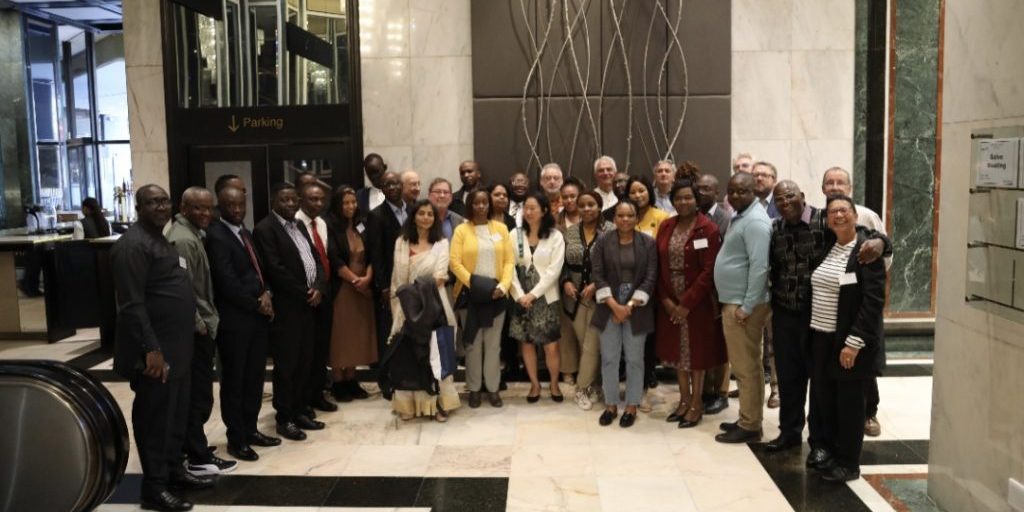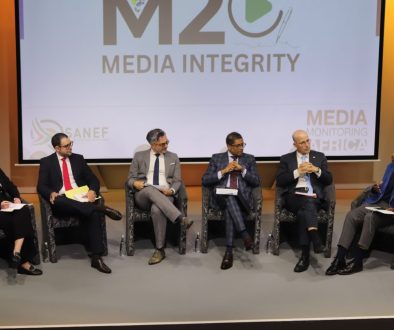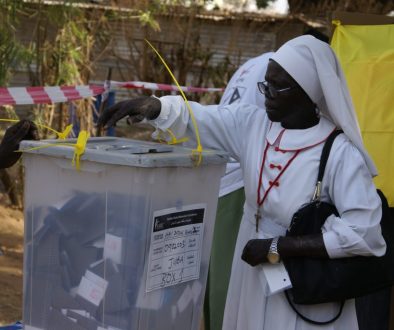‘Africa’s response to the demand for ethical, independent journalism’

Cape Town, South Africa, was the backdrop for a defining chapter in Africa’s media history in May 2024 when the inaugural Africa Media Councils conference evolved into the establishment of the Network of Independent Media Councils of Africa (NIMCA).
A transformative collective, NIMCA is not only a network of journalists and broadcasters on the continent.
It is Africa’s unified response to the demand for credible, independent and ethical journalism. It is an ambitious platform intentionally designed to safeguard media and journalists freedoms, enforce ethical standards and reinforce democratic values across the African continent.
Now, a year later, that journey has advanced to another historic moment: the Pan-African Media Councils’ Summit, hosted from 14 to 17 July in Arusha, Tanzania, at the Arusha International Conference Centre.
The original Cape Town conference was a gathering point for Africa’s media council leaders, Ombudsmen, civil society actors, the private sector and development partners. It was after rigorous deliberations that Africa’s independent media regulators committed to forging the new continental body to strengthen their efforts.
In a powerful display of continental solidarity, Ernest Sungura, the Executive Director of the Media Council of Tanzania (MCT), was elected as the inaugural Chairperson of NIMCA’s Governing Council. With over three decades in media governance and press freedom advocacy, Sungura is now the face of this movement.
One of his first assignments was developing a mobilisation and sustainability strategy to take NIMCA wider. He started by establishing an all-embracing Technical Team to guide key operations of the network, one of the team’s main roles being to ensure a successful and structured transition.
The inaugural NIMCA board successfully endorsed the team on 18 September 2024 at the UNESCO Commission of Tanzania offices in Dar es Salaam. The team comprises accomplished media and development experts, experienced journalists, institutional strategists, a citizen scientist and seasoned capacity building experts, including:
- Elizabeth Wachuka (Kenya)
- Derek Murusuri (Tanzania)
- Josephat Mwanzi (Tanzania)
- Bryan Tosh (Uganda)
- Victor Bwire (Kenya)
- assisted by Ziada Kilobo, Secretary to NIMCA’s Board
Other participants include:
- Izak Minnaar (South Africa)
- Kennedy Mambwe (Zambia) and
- Michael Power and Wendy Trott from ALT Advisory Africa (South Africa)
Read: Tanzania hosts Network of Independent Media Councils in Africa meeting, here
Under Sungura’s stewardship, the team has provided policy direction, institutional architecture and technical guidance, spearheading NIMCA’s evolution from concept to operational entity.
Most notably, the technical team oversaw the rebranding of the Africa Media Councils annual gathering into the Pan-African Media Councils Summit, established operational policies and standards, and designed a five year strategy (2025/2030) and a NIMCA Sustainability Road Map.
NIMCA’s core objectives are:
- strengthening independent media regulation
- promoting self-regulation and ethical accountability across national borders
- enhancing press freedom and responsibility
- defending the media’s right to operate freely, while fostering responsible journalism
- building pan-African collaboration
- creating mechanisms for peer learning, joint initiatives and cross-country solidarity,
- combating misinformation and digital threats, and
- developing strategies to address online harms, hate speech and misinformation
- capacity building, and
- supporting African media councils with technical training, data tools and evidence-based research
NIMCA is governed by a distinguished board reflecting regional diversity, with members from Tanzania, South Africa, Ghana, Zambia and Kenya. The NIMCA leadership also includes the technical team. Its membership spans national media councils, Ombudsmen and other independent media accountability mechanisms.
NIMCA’s growth has been made possible through support from influential partners including the African Union, the African Union Commission, the East African Community (EAC), the Southern African Development Community (SADC), UNESCO, the Ford Foundation, the Open Society Foundations, the Konrad-Adenauer-Stiftung (KAS), Internews, the East African Legislative Assembly (EALA), the Southern African Editors’ Forum (SAEF) and Glow Consulting Services.
These institutions have not only funded NIMCA’s foundational work but continue to provide technical and strategic support for its continental programmes.
From the heights of Table Mountain to the diplomatic heart of Arusha, NIMCA’s journey is symbolic of Africa’s rise – bold, unified and forward-looking. NIMCA is a movement of Africa that recognises that the strength of democracy lies not only in free expression, but in ethical, responsible and accountable journalism.
As Africa navigates complex social, political and digital challenges, NIMCA stands as a continental lighthouse.
BY BRYAN TOSHI BWANA
PICTURE: The gathering of experts at the inaugural African Media Councils conference in Cape Town in May 2024
This article was first published here



